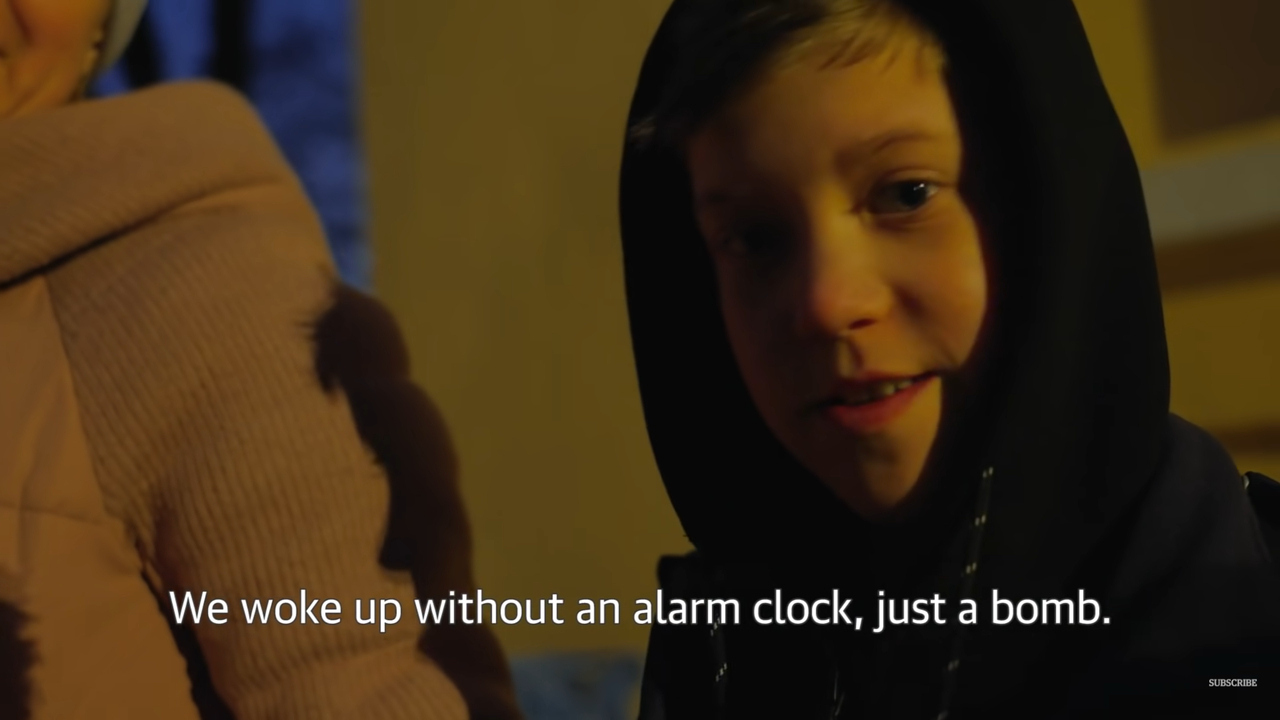Change language:
The Guardian: this is how Beregsurány helps Ukrainian refugees – VIDEO

The staff of the British The Guardian and their Hungarian colleagues filmed a report in Beregsurány, near the Hungarian-Ukrainian border. Their report drew a parallel between the refugee crisis of 2015 and the current one.
The report is almost a quarter of an hour long and mentions that, in 2015, Hungary was one of the strictest countries in Europe regarding the refugee issue. However, now the country (especially this small town of 600 people) is on the frontline of an even bigger refugee crisis than it was back then.
According to the documentary, seven years ago, the Hungarian government and even the media called refugees migrants and spread the word that they were a threat to the country and its people.
Refugees or migrants?
One local interviewee, who is now helping refugees from Ukraine, said the government was right not to let the migrants in.
“If there were 500-600 thousand migrants here, where would they [Ukrainian refugees – ed.] go, poor people?”
A short time later, he argued that people everywhere are the same, whatever their colour.
Giving aid and the experiences of refugees

Many people living there are involved in helping. One man who did not want his face to be shown said he went on sick leave just for this. Another man was making pancakes and told The Guardian that he had invited Russian President Vladimir Putin to a pancake party in a spirit of reconciliation. His partner said it was nice to see children eating the pancakes.
Ukrainian refugees from war-torn areas also spoke about their experiences.
“We were able to get out of the village the night before yesterday,”
one said.
“Five cars behind us were destroyed. I don’t know why we escaped. Maybe the angels protected us,”
said a woman who spoke Russian as her first language. She accused Moscow that they said they had come to Ukraine to protect native Russians from the far right, but that was not the case.
Ukrainian language law and the relationship between aid workers and refugees
However, another woman from Odesa, who also speaks Russian, explained how they were affected by the Ukrainian language law, which forbids the use of Russian in shops or schools. As we can read in hvg.hu’s article, according to the report, most refugees simply pass through Hungary, where aid organisations arrange transport or temporary accommodation for them.
- Read also:
The footage gives a glimpse into the relationship between the aid workers and the refugees. At one point, one of them was trying to play a video message from Ukrainian President Volodymyr Zelensky on her mobile phone, before which a Hungarian government advertisement started playing.
“An advert!”
she said, laughing in embarrassment.
Politicians in Beregsurány
The Guardian also captured the arrival of George Pataki, former Governor of New York State, Attila Tilki, a Fidesz member of the National Assembly, István Herka, the Mayor of Beregsurány, and Alexandra Szalay-Bobrovniczky, a government spokesperson, in Beregsurány. The latter told Pataki that the government had given €8 million to organisations helping refugees, but that no US money had arrived as aid yet.
The locals The Guardian spoke to said that in this situation, it is essential to help the people arriving.
“We’d rather help for a month than be helped for a day, am I right?”
asked a woman resident.
Source: hvg.hu, theguardian.com









